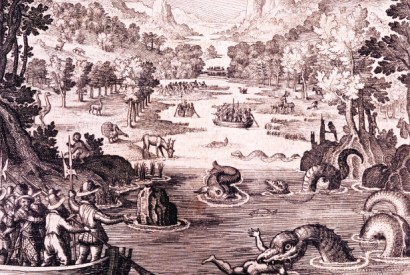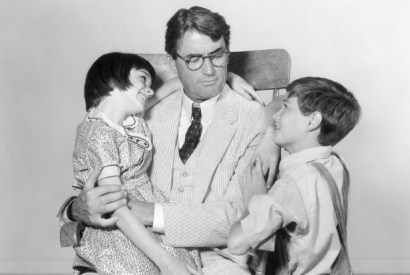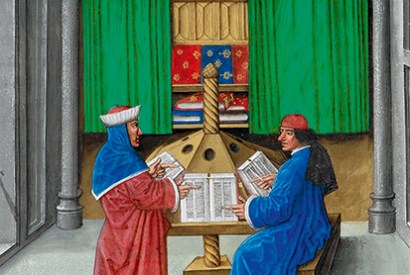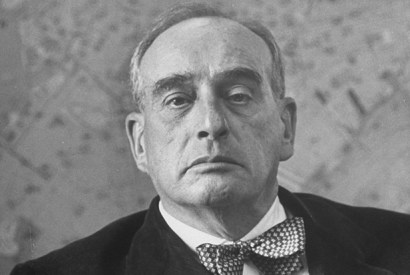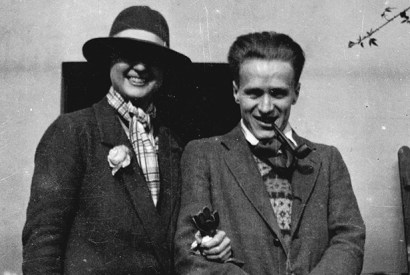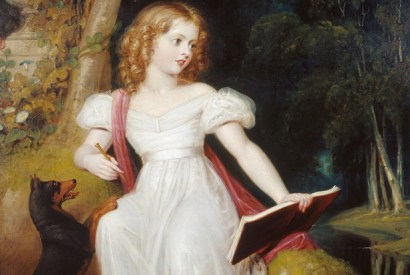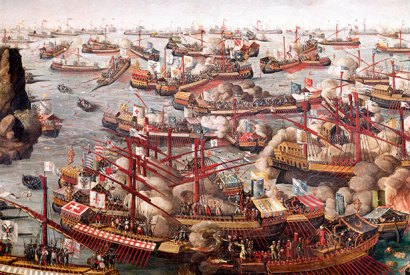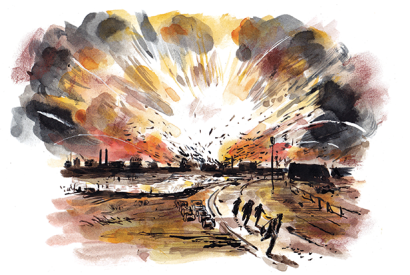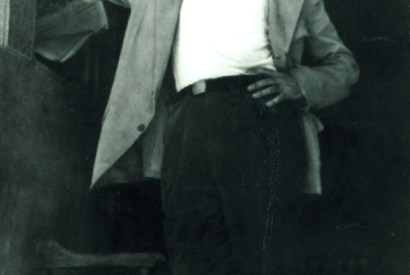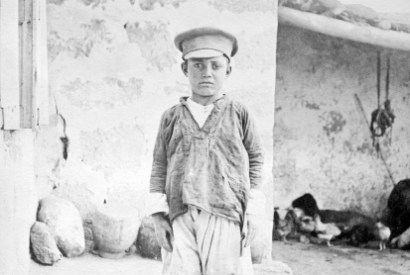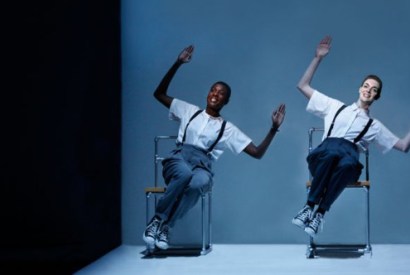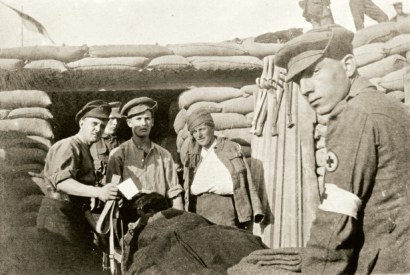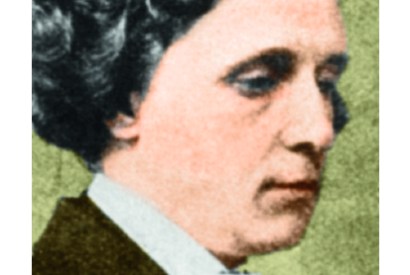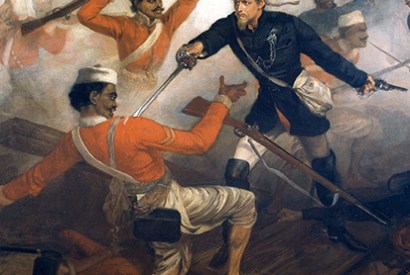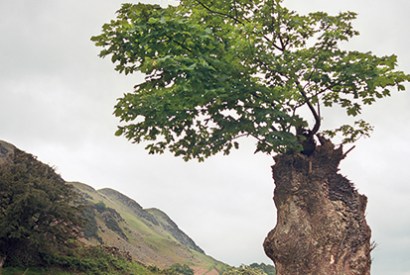Lead book review
The facts behind France’s most potent modern myth
Patrick Marnham unravels some of the powerful, often conflicting myths surrounding the French Resistance
Physicists have stranger ideas than the most preposterous Old Testament preacher
The beliefs of physicists are infinitely kookier than anything in the Bible, says Alexander Masters
The old-fashioned greatness of Christian Thielemann
Philip Hensher admires an old-fashioned conductor who unashamedly favours the great German composers — and Wagner in particular
The strange history of Willoughbyland, modern-day Suriname
John Gimlette on the strange and superbly told story of Willoughbyland, England’s ‘lost’ colony
Go Set a Watchman should never have been hyped as a ‘landmark new novel’, says Philip Hensher
Philip Hensher on the tangled history of To Kill a Mockingbird’s much-anticipated ‘sequel’
The constant inconstancy that made Italians yearn for fascism
Jan Morris on the inconsistency and paradox that has characterised Italian thought over the centuries — and the desperate search for certainty
Good stories of bad Bloomsbury behaviour
Even the Group considered Bunny Garnett and Henrietta Bingham quite ‘wayward’. Their powerful charms appealed to both sexes, says Anne Chisholm — and they even managed a fling together
Liberty, philosophy and 246 types of cheese
The French have always favoured grand, elegant abstractions about the human condition, says Ruth Scurr. It’s part of their national identity
The toughest, smartest, strangest creatures ever to evolve are nearing the end of their continental shelf life
The rich, strange, finely balanced ecosystems of the oceans — on which our lives depend — are profoundly threatened, says Rose George
The beginning of the end
Both German and Allied troops could be accused of war crimes in the struggle for the Ardennes. It’s a tragic and gruesome history, involving heavy casualties — but flashes of black humour make it bearable, says Clare Mulley
Carnage on the home front: revisiting a forgotten disaster of the first world war
Philip Hensher on a little-known episode of first world war history when a munitions factory in Kent exploded in April 1916, claiming over 100 lives
Saul Bellow’s fiction: a warehouse of stolen property
Saul Bellow’s lurid personal life — especially the triangular relationship with his wife and her lover — was the basis for his best work, says Craig Raine
Pitfalls on the road to the Rising
The centenary of the Easter Rising is already being commemorated. Ahead of the flood of books that will follow, Roy Foster chooses two impressive, if sombre ones to be going on with
At last: a calm, definitive account of the Armenian genocide
The atrocities suffered by an estimated one million Armenians in 1915 have been largely ignored by historians and officially denied by the Turks. It’s a centenary we can’t afford to neglect, says Justin Marozzi
Plumber, taxi driver, mystic, musician — the many facets of Philip Glass
Philip Hensher infinitely prefers the words to the music of the maverick ‘minimalist’ composer
The other trenches: the Dardanelles, 100 years on
Peter Parker discerns classical allusion amid the horror in two books commemorating the centenary of the Gallipoli campaign
Stolen kisses and naked girls: there is much to wonder about in Lewis Carroll’s Wonderland
A.S. Byatt explores the dark alternatives to innocence in Lewis Carroll’s deeply disturbing looking-glass world
Dickens’s dark side: walking at night helped ease his conscience at killing off characters
James McConnachie discovers that some of the greatest English writers — Chaucer, Blake, Dickens, Wordsworth, Dr Johnson — drew inspiration and even comfort from walking around London late at night
British India — the scene of repeated war crimes throughout the 19th century
William Dalrymple is uncomfortably reminded of the astonishing savagery by which the East India Company maintained the Raj throughout the 19th century




